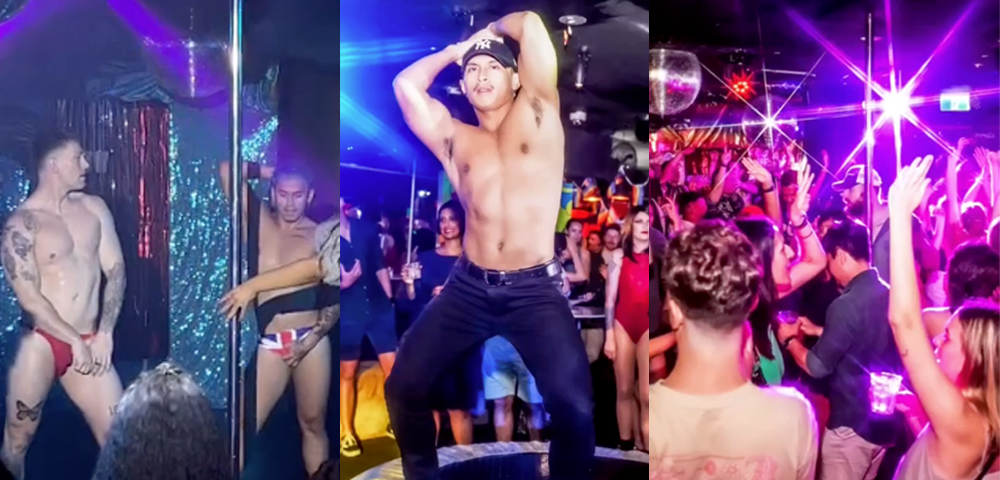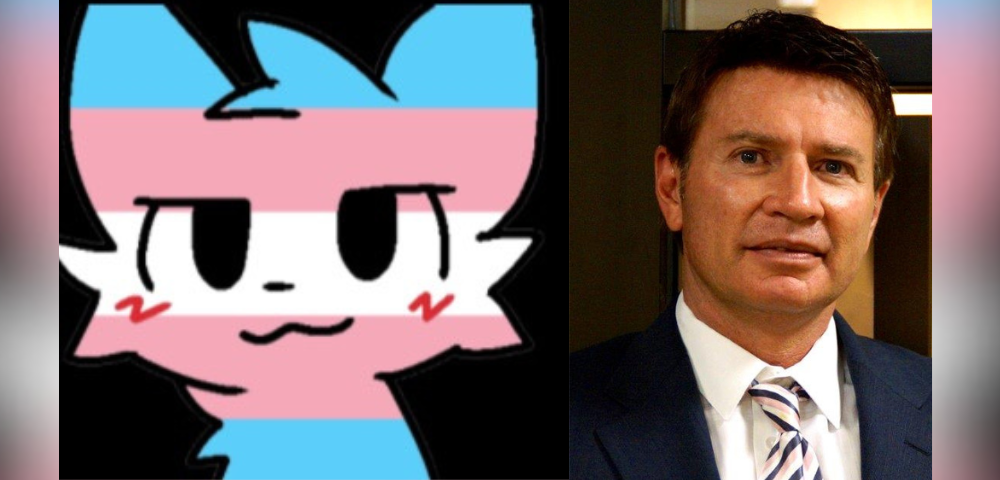
Intersex protections need more work
Intersex advocates have welcomed draft legislation for federal anti-discrimination laws announced today but say the protections for intersex people need to be clearer in order to work.
For the first time, gay and gender diverse people will be protected from discrimination under federal law when the Human Rights and Anti-Discrimination Bill 2012 is enacted.
A Gender Agenda executive director Peter Hyndal told the Star Observer intersex people would be covered by draft legislation as long as they could prove they were a person of “indeterminate sex”.
“The new protected attribute is called gender identity which infers that intersex isn’t covered but in actual fact the definition that’s provided in the Act has two components,” Hyndal said.
“The second component protects people of ‘indeterminate sex’ so our understanding is intersex people are covered by the Act but our view is that the definition there could be worded more clearly to provide absolute clarity about the issue.”
Hyndal said he would be advocating for clearer definitions of gender and sex diversity such as the definitions in Tasmania’s proposed Anti-Discrimination Amendment Bill 2012.
Instead of “indeterminate sex”, the Tasmanian bill defines intersex as having physical, hormonal or genetic qualities that are neither wholly female or wholly male; a combination of both or neither female or male.
Hyndal said the transgender and intersex advocacy group had undergone nationwide consultations with community organisations and said he found the general consensus was that the Tasmanian model was “really good”.
He added the Tasmanian bill also provided a clearer definition for transgender people too.
Hyndal said he would be making a submission to a Senate Legal and Constitutional Affairs Committee inquiry open to public feedback for clearer definitions under gender diversity.
Organisation Intersex International Australia president Gina Wilson agreed the Tasmanian bill’s definitions were much clearer and supported A Gender Agenda’s proposed submission for clearer language.
“It takes Australian law from a place where LGBT [people] have absolutely no protection in federal legislation and spotty protection in state legislation to a reasonably comprehensive protection in federal legislation, so that has to be good,” Wilson said.
“What is wrong with it as far as intersex people are concerned is intersex is not explicitly protected and where we may be protected is in the definitions.”
Wilson said the definitions were so difficult to understand and imprecise that it made it nearly impossible to determine whether an intersex person could rely on that or not without an expensive federal court case.
“If they cannot rely on that then intersex people couldn’t rely on any part of this proposed bill,” Wilson said.
Wilson said OII Australia also wanted sex characteristics explicitly listed.









